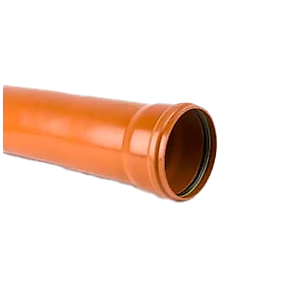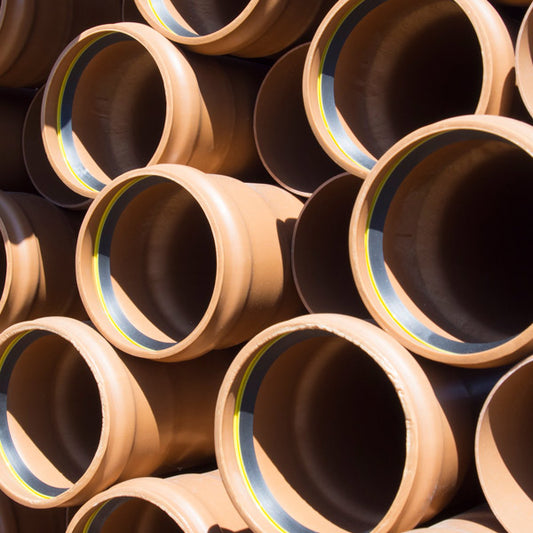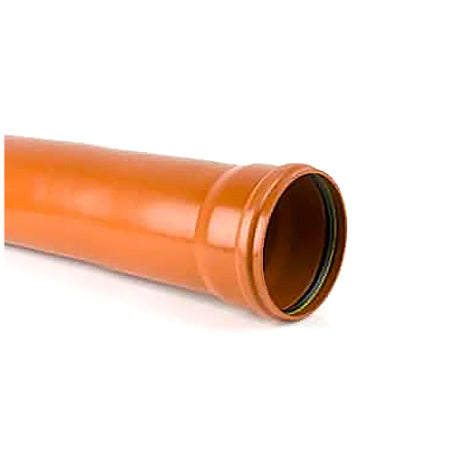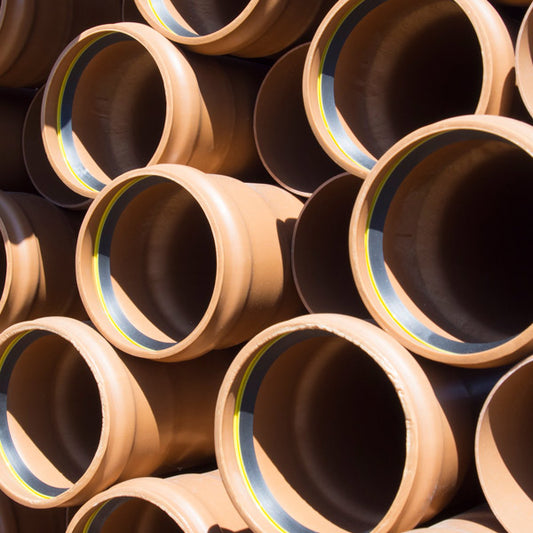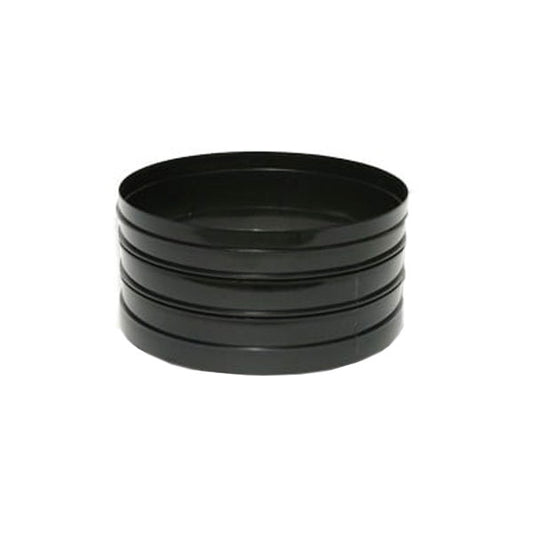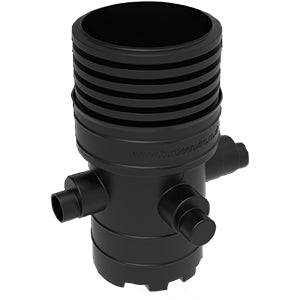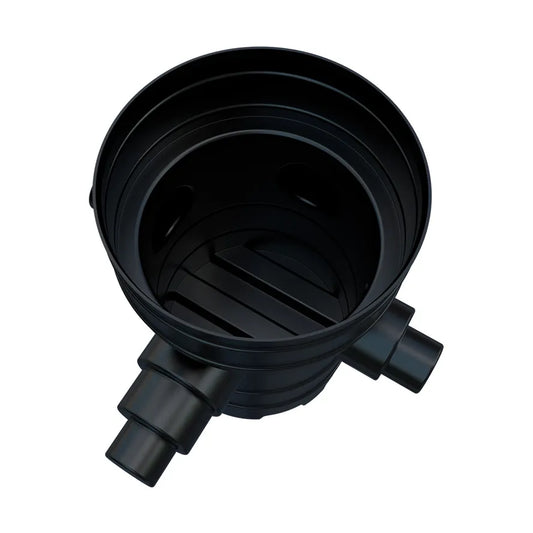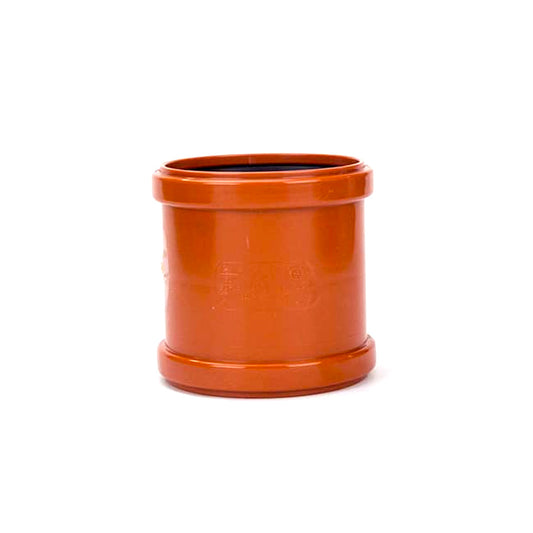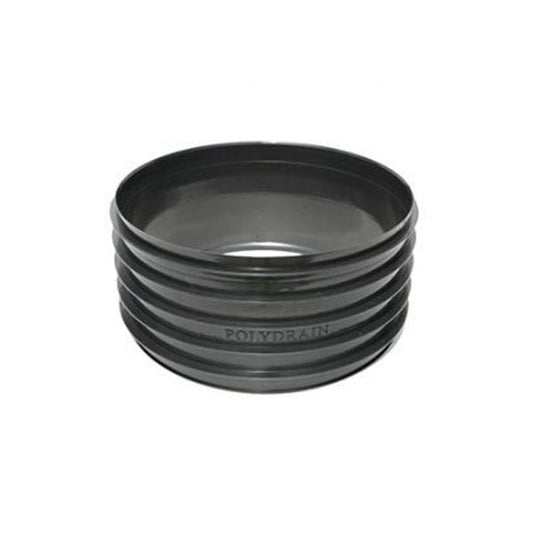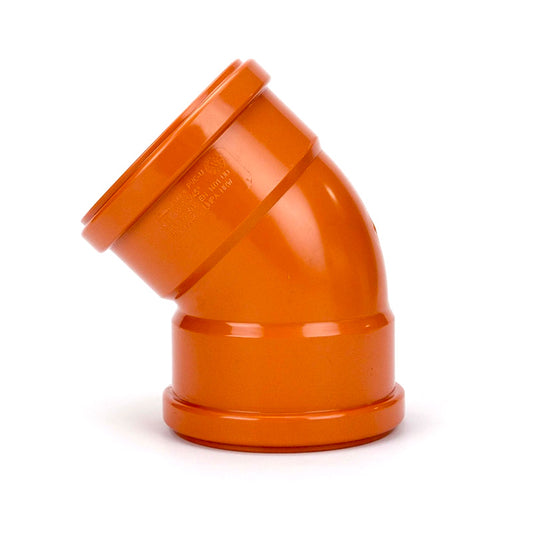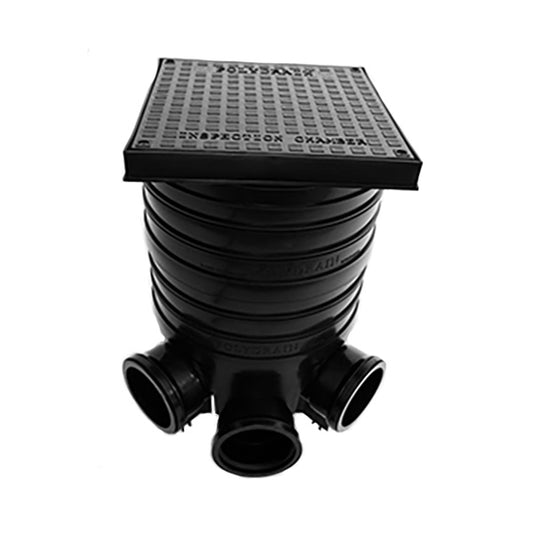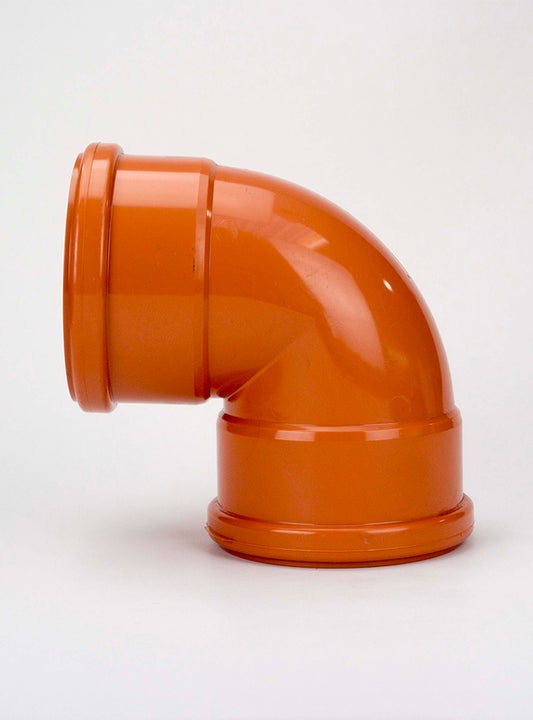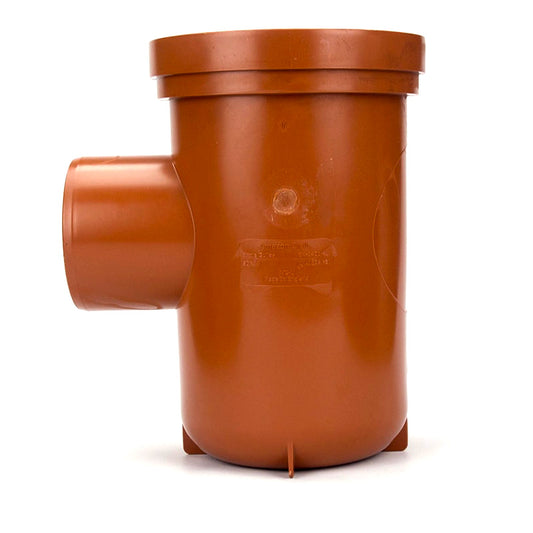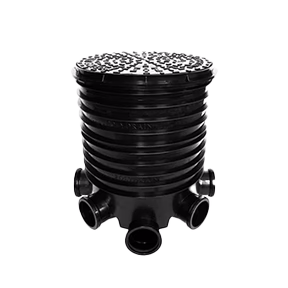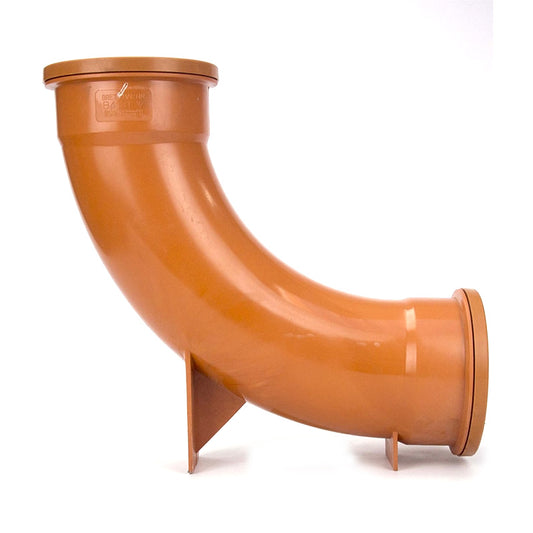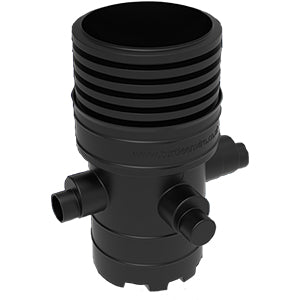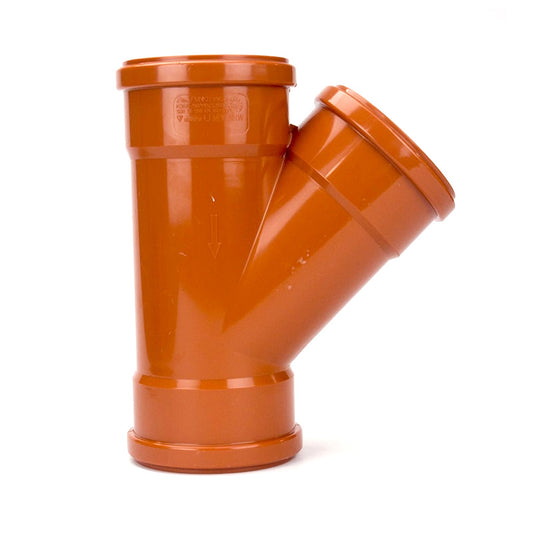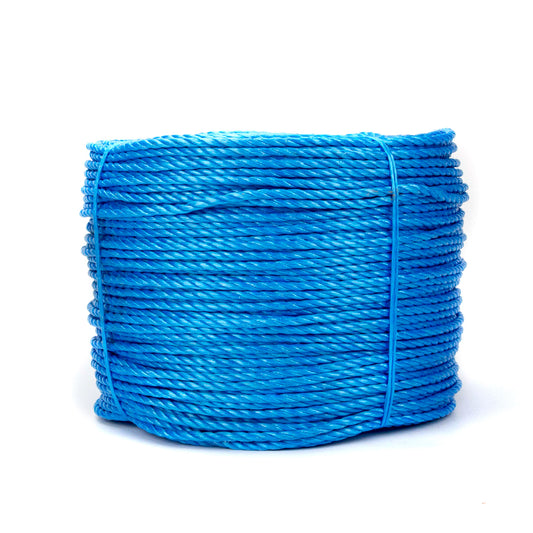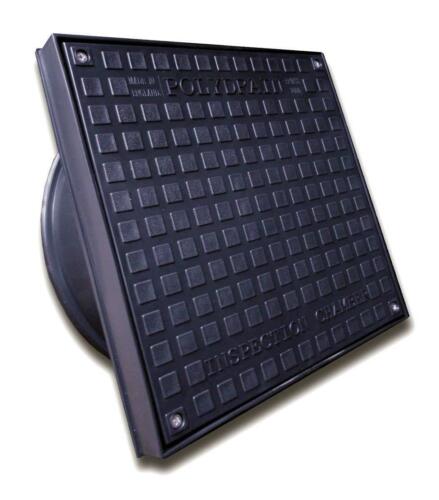Frequently Asked Questions
Which underground drainage pipes are right for me?
Here at Cotterill Civils, we stock PVC underground drainage pipes in lengths of 3m or 6m.
These are terracotta (brown) in colour and come in 110mm and 160mm diameters.
110mm underground drain pipes are typically used for domestic drainage systems, whereas 160mm pipes are frequently used for larger underground installations.
All of our underground drainage is manufactured from PVC, which is lighter and easier to handle than traditional clay pipe. This material is also easier to cut and join – making the installation process much simpler.
The underground drain pipes within our collection are socketed. They come with a lip seal that makes the process of joining easier and the appropriate underground drainage fittings are used. They are also secure against dislodgement.
To discuss your underground drainage requirements in further detail with our team, give us a call on 0121 351 3230.
How long do PVC pipes last underground?
Often, the longevity of underground drainage pipes can vary depending on the precise composition of the surrounding soil.
But the good news is, PVC is an exceptionally light and durable material, and our 110mm and 160mm underground drainage pipes and fittings are manufactured to BS4660 or BS EN 1401 as standard. This means that they should last anywhere up to 50 years – if not longer!
To prolong the lifespan of your underground drainage – reducing the need for repairs and replacement pipes – we highly recommend proper installation and regular maintenance
For more tips on how to make your PVC drain pipes last as long as possible, don’t hesitate to talk to the team today.
What are the benefits of PVC underground drainage pipes?
Although many older properties use clay or cast iron sewer pipes, PVC pipes have become increasingly popular over the years.
One of the advantages of using PVC for underground drainage is that this material is incredibly lightweight, meaning it’s easy to handle and install.
It’s also remarkably strong, helping to minimise cracking and breakage which, in turn, eliminates the need for replacement underground drainage pipes.
PVC pipes are more flexible than their rigid counterparts, too, including clay, cast iron and concrete. This means that the risk of potential damage is significantly reduced – allowing your underground drainage system to function efficiently.
If you’d like to know more about the benefits our underground drainage pipes and underground drainage fittings can bring, please feel free to get in touch with our specialists.
How deep should underground drainage be?
Underground drainage is typically laid in a trench that is lined with a pea shingle at the bottom.
Ideally, the trench needs to be at least 300mm deeper than ground level and 300mm wider than the pipe itself. For example, 110mm pipes will need to be laid 410mm below the ground.
As a general rule of thumb, it’s advised that 110mm drainage is laid to a fall of 1 in 40 on installations of 5 houses or less. But if you have any uncertainty, check with your local authority.
Once the underground drainage pipes are in position, at least 300mm of granular material (fine soil with no stones or pea shingle) needs to be applied over the top of the pipe before the original turf can be laid atop.
A paving slab can be used to protect your underground drainage against harm from contact.
If you have any further questions regarding the installation process, send us an online message and we’ll get back to you.





